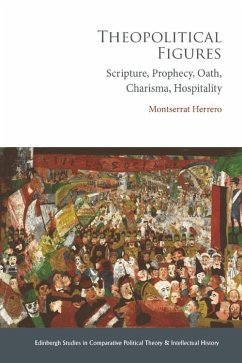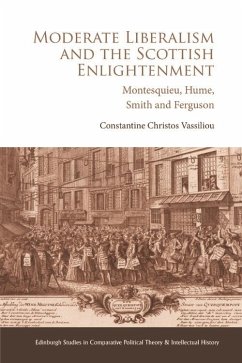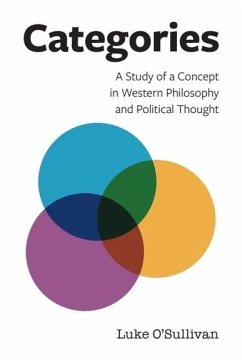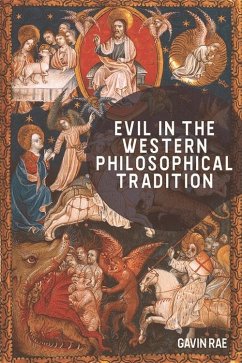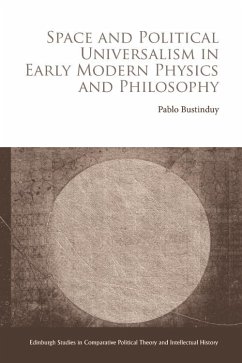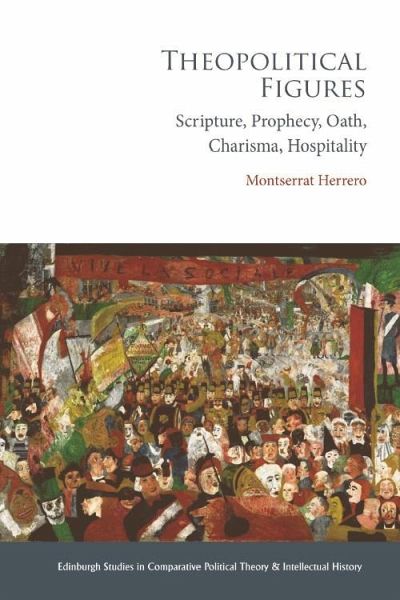
Theopolitical Figures (eBook, ePUB)
Scripture, Prophecy, Oath, Charisma, Hospitality
Versandkostenfrei!
Sofort per Download lieferbar
65,95 €
inkl. MwSt.
Weitere Ausgaben:

PAYBACK Punkte
33 °P sammeln!
The book addresses the question of the extent to which theological discourse has been and is relevant to the origins of the meanings, symbols, and realities of some instituted political practices. This relevance has historically manifested itself in the hybridisation of theological and political concepts, images, gestures, and rituals. Indeed, some divine traces could be seen as embedded in institutionalised political practices. Theopolitical figures, then, are other names for God - in the sense of negative theology - that we find in instituted practices within the political realm. The book co...
The book addresses the question of the extent to which theological discourse has been and is relevant to the origins of the meanings, symbols, and realities of some instituted political practices. This relevance has historically manifested itself in the hybridisation of theological and political concepts, images, gestures, and rituals. Indeed, some divine traces could be seen as embedded in institutionalised political practices. Theopolitical figures, then, are other names for God - in the sense of negative theology - that we find in instituted practices within the political realm. The book considers five theopolitical figures: scripture, prophecy, oath, charisma, and hospitality. In the symbolic meaning of these figures, we discern some central questions for contemporary societies, among them: the unconditional character of justice, the unfeasibility of historical expectation, the stability of the given word, the idea of power as a gift, and openness to the coming other as an ethical-political imperative.
Dieser Download kann aus rechtlichen Gründen nur mit Rechnungsadresse in A, B, BG, CY, CZ, D, DK, EW, E, FIN, F, GR, HR, H, IRL, I, LT, L, LR, M, NL, PL, P, R, S, SLO, SK ausgeliefert werden.




